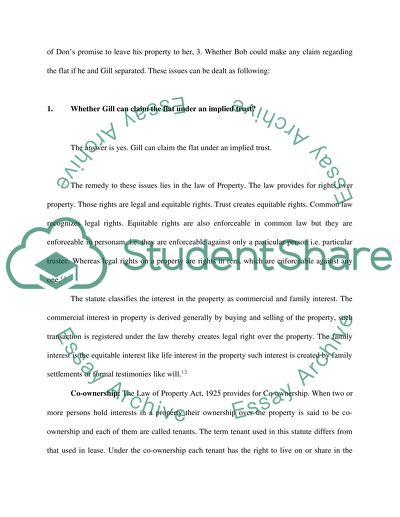Cite this document
(“Whether Gill Can Claim the Flat Under Implied Trust Essay”, n.d.)
Whether Gill Can Claim the Flat Under Implied Trust Essay. Retrieved from https://studentshare.org/law/1516069-property-law-bachelor-essay
Whether Gill Can Claim the Flat Under Implied Trust Essay. Retrieved from https://studentshare.org/law/1516069-property-law-bachelor-essay
(Whether Gill Can Claim the Flat Under Implied Trust Essay)
Whether Gill Can Claim the Flat Under Implied Trust Essay. https://studentshare.org/law/1516069-property-law-bachelor-essay.
Whether Gill Can Claim the Flat Under Implied Trust Essay. https://studentshare.org/law/1516069-property-law-bachelor-essay.
“Whether Gill Can Claim the Flat Under Implied Trust Essay”, n.d. https://studentshare.org/law/1516069-property-law-bachelor-essay.


